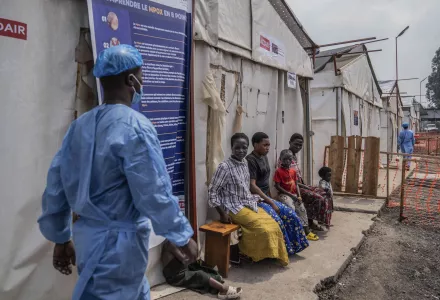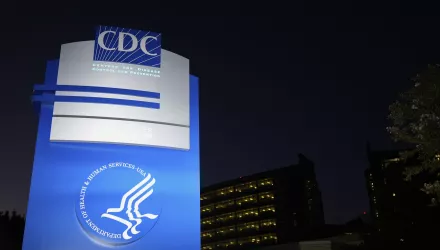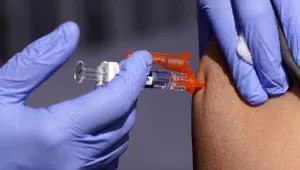
The World Health Organization (WHO) has recently declared the mpox outbreak in Africa a Public Health Emergency of International Concern (PHEIC).
The current mpox outbreak in Africa has seen over 17,000 cases and more than 500 deaths across 13 countries.
The ongoing spread of mpox clade I highlights the necessity for global solidarity in public health.
The World Health Organization (WHO) has recently declared the mpox outbreak in Africa, specifically the spread of the more severe clade I and the emergence of a new clade, clade Ib, which appears to be spreading primarily through sexual networks, a Public Health Emergency of International Concern (PHEIC). This designation underscores the seriousness of the situation, as mpox—a viral disease characterized by a painful rash and flu-like symptoms—continues to spread beyond its traditional borders in the Democratic Republic of Congo (DRC) into neighboring countries.
Mpox, previously known as monkeypox, is a zoonotic viral disease that can spread from animals to humans and between people through close contact. The ongoing clade I mpox outbreak in the Democratic Republic of the Congo has now led to ongoing, sustained human-to-human transmission. The virus is categorized into two distinct genetic clades: Clade I and Clade II. Clade I, which is the focus of the current emergency and its newer clade Ib, is more transmissible and causes more severe disease compared to Clade II, which was responsible for the global outbreak in 2022. That outbreak affected over 95,000 people, predominantly among gay and bisexual men, in 115 countries that had not historically reported mpox cases.
A PHEIC, as defined by the WHO, is a formal declaration of "extraordinary events" that pose a public health risk to other countries through the international spread of disease. This status is reserved for outbreaks that require a coordinated international response. The concept of PHEIC was first established under the International Health Regulations (IHR) in 2005, following the global response to SARS. Since then, it has been used to address other significant outbreaks, including H1N1 influenza in 2009, polio in 2014, Ebola in 2014 and 2019, Zika in 2016, COVID-19 in 2020, and now, mpox.
The current mpox outbreak in Africa has seen over 17,000 cases and more than 500 deaths across 13 countries, with the highest number of cases reported in the DRC. This situation has escalated as the more virulent clade I mpox strain has now spread to countries where it was previously unknown, including Rwanda, Uganda, and Burundi. The WHO’s declaration of a PHEIC for mpox clade I is intended to prompt global action, urging member states to bolster their preparedness efforts, share vaccines, treatments, and other crucial resources with nations in Africa that are most affected by this outbreak.
This crisis is a stark reminder that infectious diseases know no boundaries. The ongoing spread of mpox clade I highlights the necessity for global solidarity in public health. While we have the tools—vaccines, diagnostics, and therapeutics—to manage and contain mpox, their distribution has been anything but equitable. Africa, bearing the brunt of this outbreak, must be prioritized in our response. Ensuring that vaccines and treatments are accessible to the most affected regions is not just an ethical obligation; it’s a practical necessity to prevent further global spread.
Moreover, understanding the transmission dynamics of mpox clade Ia and Ib, especially in vulnerable populations such as children, is vital. There is an urgent need for more epidemiological studies to determine how the virus is spreading within schools, households, and through close contact, including sexual transmission. This knowledge will guide targeted interventions and help prevent further spread.
Madad, Syra. “WHO Sounds Alarm on Mpox: New Clade Sparks Public Health Emergency Amid Rapid Spread in Africa.” Belfer Center for Science and International Affairs, August 20, 2024




